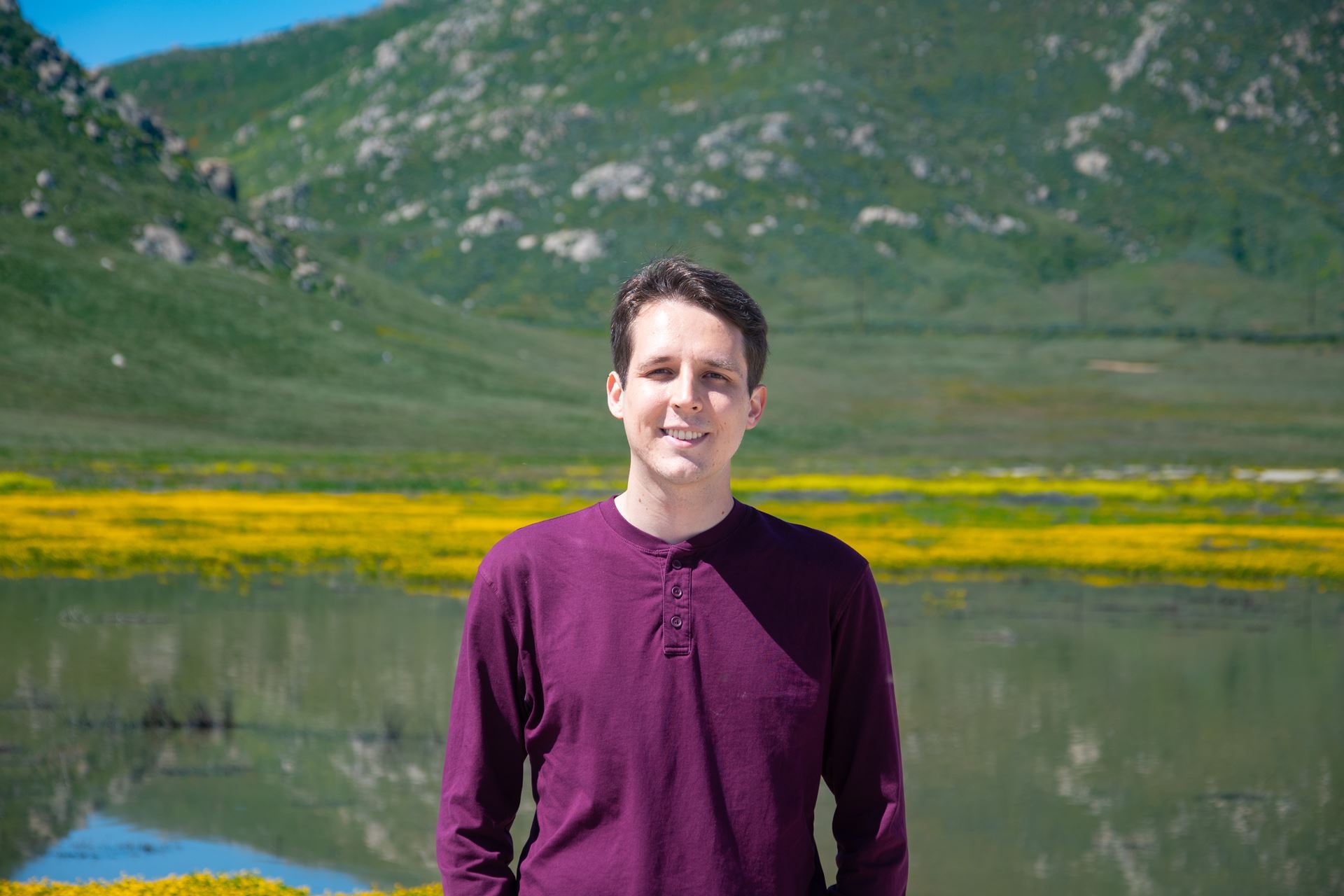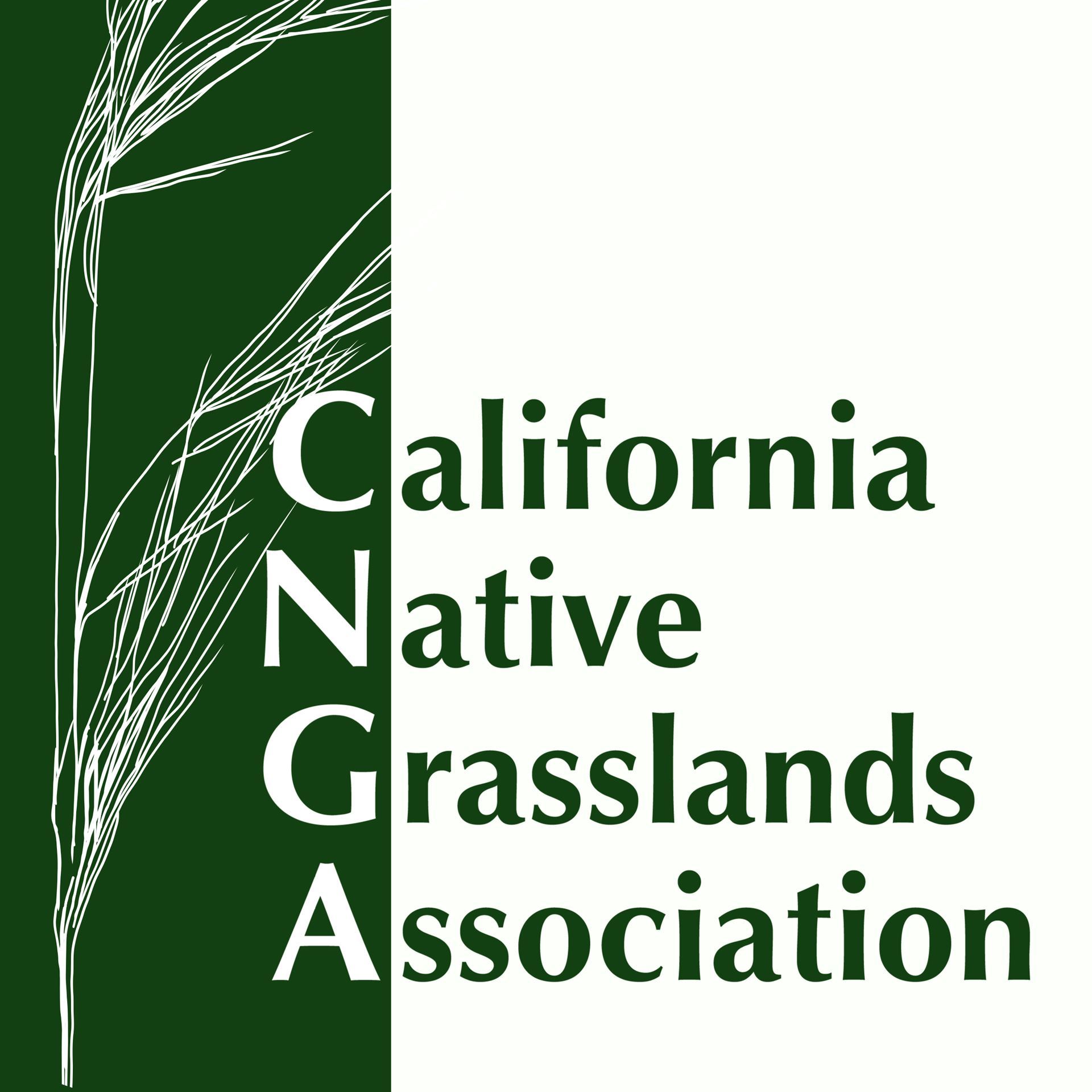California Native Grassland Association GRASS Award Speaker Series
Join Us for the CNGA’s Virtual Speaker Series showcasing the amazing work undertaken in California Grasslands by some of our Grassland Research Awards for Student Scholarship Winners.
Talks are on Tuesdays from 6:30 PM - 7:30 PM PST featuring one 40-minute talk, or two 20-minute talks, with time for Q&A.
Members: Free Non-Members: $10 Non-Member Students: Free with Student ID
Legume-rhizobium symbioses in California's native grasslands: Testing compatibility across host species
Spencer Peterman, University of California, Riverside
Tuesday, February 6, 6:30 pm – 7:30 pm
Abstract: Plants in the legume family Fabaceae are crucial for the functioning of diverse ecosystems, including California's native grasslands, because of their symbiosis with nitrogen-fixing bacteria called rhizobia. This symbiosis could be useful for restoring degraded ecosystems; however, legumes show specificity in their responses to different types of rhizobia, and the establishment of a successful symbiosis depends on compatibility between plant and bacterium. For this project, I focused on four legume species in the genus Acmispon living within Southern California grasslands and tested the effects of host species and geographic location on legume-rhizobial compatibility. I collected soils associated with different Acmispon spp. across several sites and used them to inoculate microbes onto the same set of species in a greenhouse experiment. I found that Acmispon spp. are broadly cross-compatible with each others' rhizobia, but show a preference for their own. Host species of origin of the microbes predicted plant growth much better than the location from which the microbes were collected. In future work, I plan to genotype rhizobia from soil samples and root nodules I collected during the experiment to investigate how Acmispon spp. select compatible rhizobia from the broader microbial community, and how this selection process ultimately correlates with host fitness.
Bio: I am a third-year PhD student studying ecology and evolution at the University of California, Riverside. I've lived in Southern California my whole life and have always loved its diverse natural environments, from desert to coast. I enjoy reading, writing, and hiking.
Contact Justin Luong (justin.luong@humboldt.edu) with any questions.
Help Support Student Research - Donate to the GRASS Program
CNGA's GRASS Program:
- Focuses student research on important grassland-related questions.
- Inspires students to become more involved in California Grassland Conservation and Restoration.
- Trains future employees for your agency or company.
- Creates advocates for California Grasslands
Learn More About GRASS - Applications Accepted Nov 1 - Jan 31

